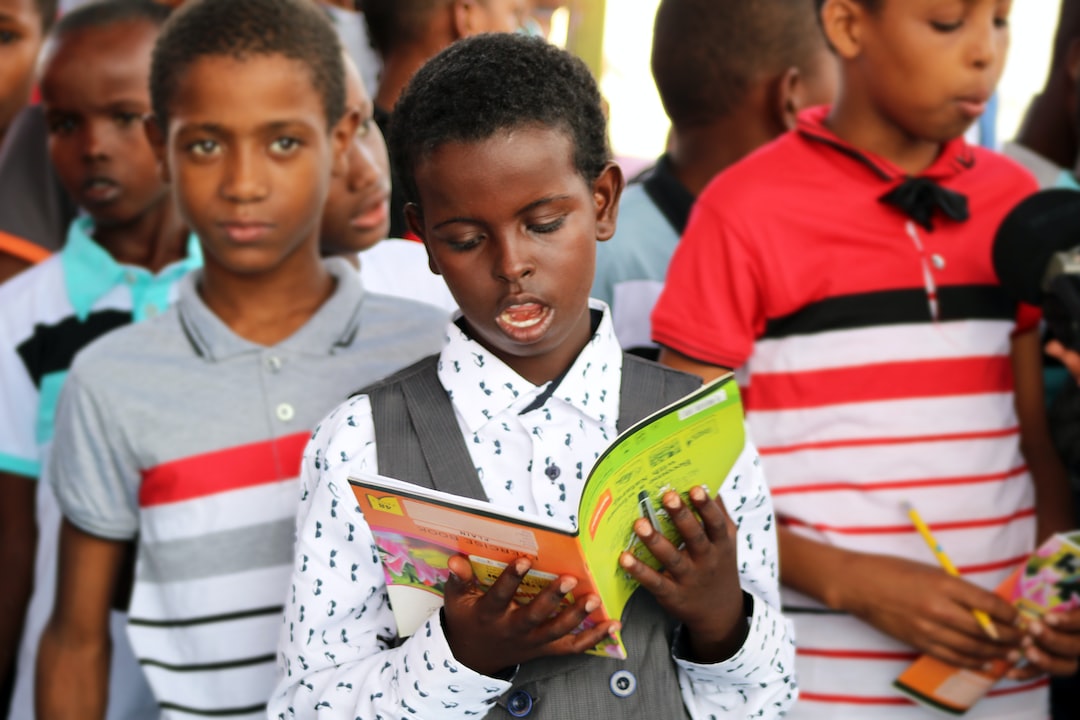Introduction
Table of Contents
What is expressive language, exactly? It’s our way of sharing thoughts, feelings, and information with others, using not just words but also gestures and written forms. Being able to express ourselves clearly is crucial—it’s at the heart of forming friendships, succeeding in school, and advancing in our careers. In this detailed discussion, we will explore the complexities of expressive language. We’ll look at how these skills develop and evolve, the struggles that can come with expressive language disorders, and the different ways to evaluate and improve these vital communication abilities. Let’s dive into the fascinating world of how we convey our messages and the significant effects it has on our day-to-day lives.
Understanding Expressive Language
The Components of Expressive Language
Expressive language involves several critical components that work together. There’s phonology—the sounds in language, morphology—the way words are formed, syntax—how words combine into sentences, semantics—the meanings behind words and sentences, and pragmatics—using language in social situations. When we master these aspects, we can communicate well and adapt our language to different situations.
Expressive vs. Receptive Language
While what is expressive language focuses on sharing and output, receptive language is all about how we take in and understand language from others. They are separate yet connected skills. For instance, expressive language is used to tell a story about something that happened, while receptive language is needed to understand that story as it’s being told. Both skills are key to communicating well and understanding language.
Roles and Functions of Expressive Language
Expressive language does more than just let us chat about the weather. It lets us ask for what we need, share stories, convince others, and build relationships. It’s also central to shaping who we are and standing up for ourselves. Without the ability to express ourselves, being part of a community can be really tough.

Expressive Language Development in Children
Stages of Expressive Language Development
Kids go through clear stages as they learn to use expressive language. They start with baby sounds and gestures and move on to full stories and a rich vocabulary. These stages match how their brains grow and how much they’re exposed to language. They’re like milestones that parents and teachers can use to keep track of a child’s progress and spot any delays early on.
Factors Influencing Expressive Language Growth
A child’s growth in expressive language can be affected by things like their genes, how much they talk with others, being in a place filled with language, and individual learning styles. Problems with hearing, developmental issues, and where a child grows up can also have big effects on how their expressive language skills develop.
Expressive Language in Adults
Maintaining and Refining Expressive Language Skills
For adults, keeping and getting better at expressive language comes with continued learning and use. Talking with others, reading, writing, and learning new languages can all make these skills stronger. Keeping our language skills in use helps us stay sharp and flexible with how we express ourselves.
Challenges Adults Face with Expressive Language
Adults can run into problems with expressive language because of brain conditions like aphasia, mental health issues such as anxiety, or even just a lack of practice. In today’s world, where talking and writing well are so important, these challenges can really affect both personal and work life.

Expressive Language Disorders
Types of Expressive Language Disorders
Expressive language disorders can be mild or serious and come in different forms. Some might have a Specific Language Impairment (SLI), while others might be on the autism spectrum, which can make expressing through language very hard. These disorders create real obstacles for people trying to get their message across.
Identifying Expressive Language Disorders
Finding these disorders early is key to getting help. Signs to look for include a small vocabulary, trouble making sentences, or hard times using language with others. Catching these issues early can make a big difference for someone’s future.
Implications of Expressive Language Disorders
Having a disorder in expressive language can impact many parts of life, including doing well in school, making friends, and finding a job later on. Knowing about these disorders can lead to creating better environments that help people learn and connect despite the challenges.
Assessment of Expressive Language Skills
Formal Expressive Language Evaluations
Speech-language pathologists give formal tests for expressive language. These tests compare a kid’s language to others their age. This helps figure out how serious any language issues are, and what kind of help might work best.
Informal Assessment Techniques
There are also less formal ways to look at kids’ language, like watching how they talk in real life, recording what they say, and getting input from their families. These methods give a more complete picture and can help customize how we help each child.
Strategies for Enhancing Expressive Language
Therapeutic Interventions and Techniques
There are many ways to get better at expressive language. Speech therapy, language games, and structured talking activities can all improve skills. The important thing is practicing regularly and focusing on the areas where someone needs the most help.
Tips for Parents and Educators
Parents and teachers have a big role in helping with language skills. Encouraging lots of talking, sharing stories, and reading together can all help. It’s all about giving kids the space and support to try out language and grow.
Use of Technology in Improving Expressive Language
These days, tech can help with expressive language, too. There are apps for practicing language and fun games that make learning easier. Using tech in a smart way can give people more chances to practice and get better at expressive language.

Expressive Language in Multilingual Contexts
The Impact of Multilingualism on Expressive Language
Knowing more than one language can make expressive language even richer. It gives us more words and ways to say things. But it can also make things tricky, like mixing up languages or taking longer to find the right word. Having clear strategies and lots of chances to use each language can help keep skills strong in all of them.
Challenges and Strategies for Multilingual Speakers
Those who speak multiple languages might mix them up or have a slower time finding words. To deal with this, they can practice each language separately and make sure they’re in environments where they can use each language a lot.
Conclusion
So, what is expressive language in the end? It’s a key part of connecting with others and enjoying a full life. This post has shed light on how important it is, covering how it grows from childhood to adulthood, the effects of disorders, and ways to assess and boost these skills. Growing our expressive language abilities is an ongoing journey, one that’s worth our time and effort. Whether we’re working on our own skills or helping someone else, the goal is to keep exploring and using all the tools we have. Let’s keep working towards better communication for everyone.
Frequently Asked Questions (FAQs)
What is expressive language and why is it important?
Expressive language is the ability to convey thoughts, emotions, and information through speech, gestures, and writing. It’s essential for forming relationships, succeeding in various life stages, and participating fully in society.
How do expressive and receptive language differ?
While expressive language pertains to how we communicate our own ideas, receptive language involves understanding what others communicate to us. Both are interconnected and vital for effective communication.
At what age should a child’s expressive language be a concern?
Children typically follow a developmental timeline for language skills. If a child significantly lags behind these milestones, such as not forming sentences by the expected age, it may be time to consult a professional.
What strategies can enhance expressive language in children?
Engagement is key. Parents and educators can encourage children by talking with them regularly, reading together, and providing a language-rich environment that includes play and storytelling.
Can adults improve their expressive language, and how?
Absolutely, adults can improve their expressive language skills through ongoing learning, such as reading, writing, socializing, and even learning new languages. Regular practice and real-life application are critical.